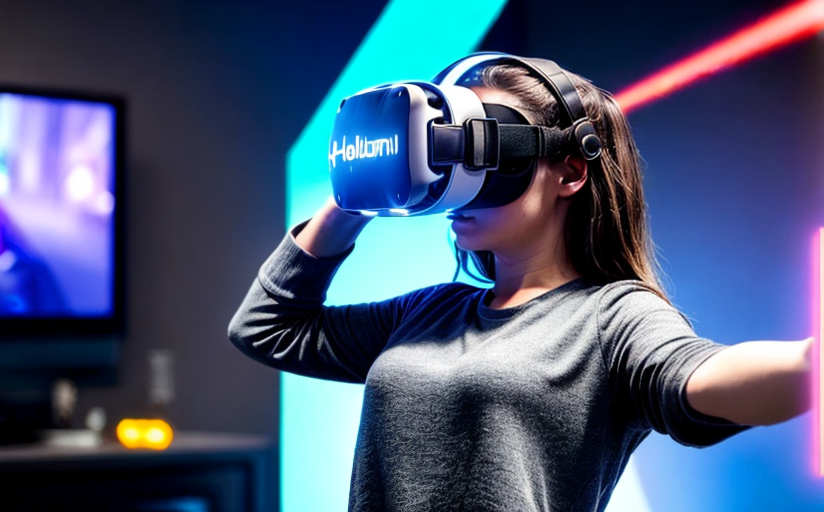Virtual Reality: Transforming Modern Entertainment
Technology has seen remarkable advancements over the last few decades, transforming many aspects of our lives, ushering us into a digital era. Particular focus must however be given towards Virtual Reality (VR) and its impact on modern entertainment.
Inception of Virtual Reality
The idea of Virtual Reality was in fact conceived in the mid 20th century, but the tangible execution fell short for many years due to limited technology. The real breakthrough came with the advent of the 21st century as we experienced rapid advancements in digital technology, providing the platform for VR to develop and eventually become mainstream.
VR in Entertainment
Video Gaming
Arguably, the proliferation of VR began in the video gaming industry. Early attempts included immersive arcades. However, true VR gaming only became possible with the invention of affordable, consumer-grade VR headsets like the Oculus Rift, HTC Vive, and PlayStation VR. These devices, connected to a powerful computer or gaming console, could offer a fully immersive and interactive 3D digital environment.
Movies and Music
VR has provided a new platform for movies and music, creating incredibly immersive experiences. This technology has been employed by filmmakers to generate unique viewing experiences, whilst musicians have utilized VR during live performances, or in music videos, for a truly enchanting experience.
Live Events
From sports events to music concerts, VR has been employed to replicate the in-person experience. It provides the opportunity for individuals to 'attend' events remotely in real-time, viewing activities from several perspectives, with a sense of being right there amidst the action.
Benefits and Challenges
While VR provides an elevated level of audience engagement, greater accessibility and an enhanced experience, it has also presented some challenges. The costs associated with VR equipment can be daunting for some users, and the pursuit of realism can sometimes lead to discomfort or disorientation. Furthermore, the demand for high-quality VR content outstrips supply, indicating a need for an increase in skilled VR content creators.
Looking Ahead
As we look to the future, we can expect VR to continue transforming every aspect of entertainment. More sophisticated VR systems coupled with improved digital graphics could well transform our entertainment experience. VR may blur the lines between physical and virtual reality, perhaps leading to a revolution that will redefine entertainment as we know it today.

















Comments
Leave a Comment